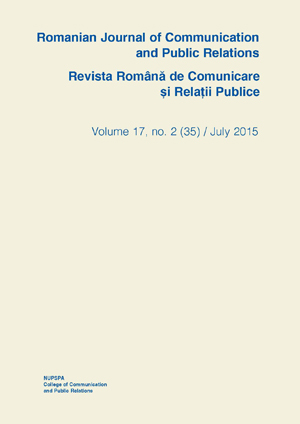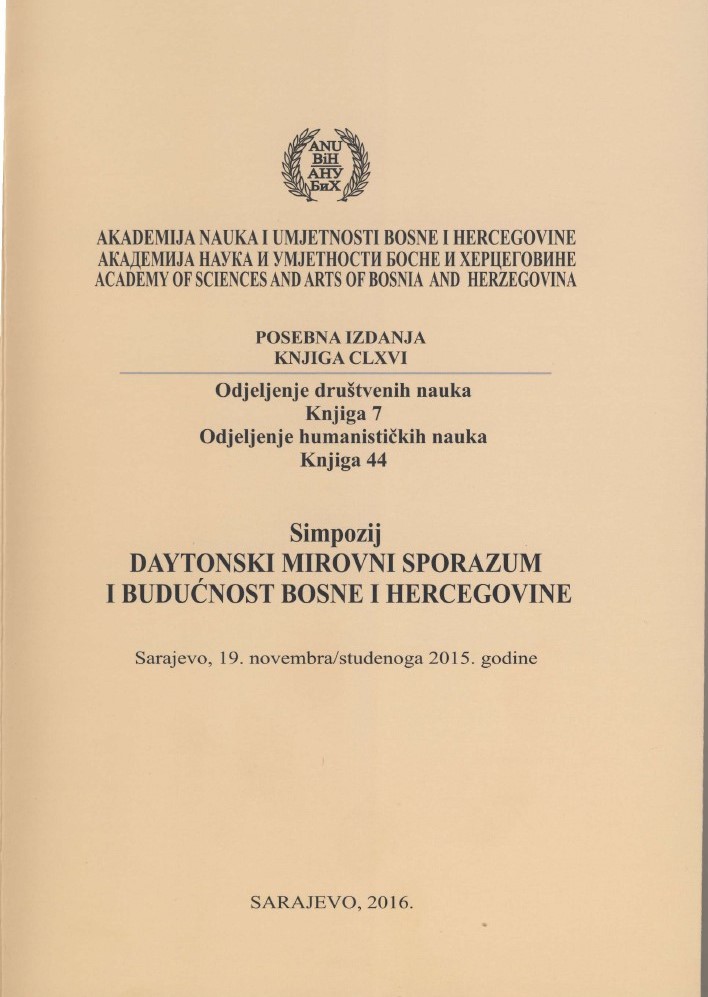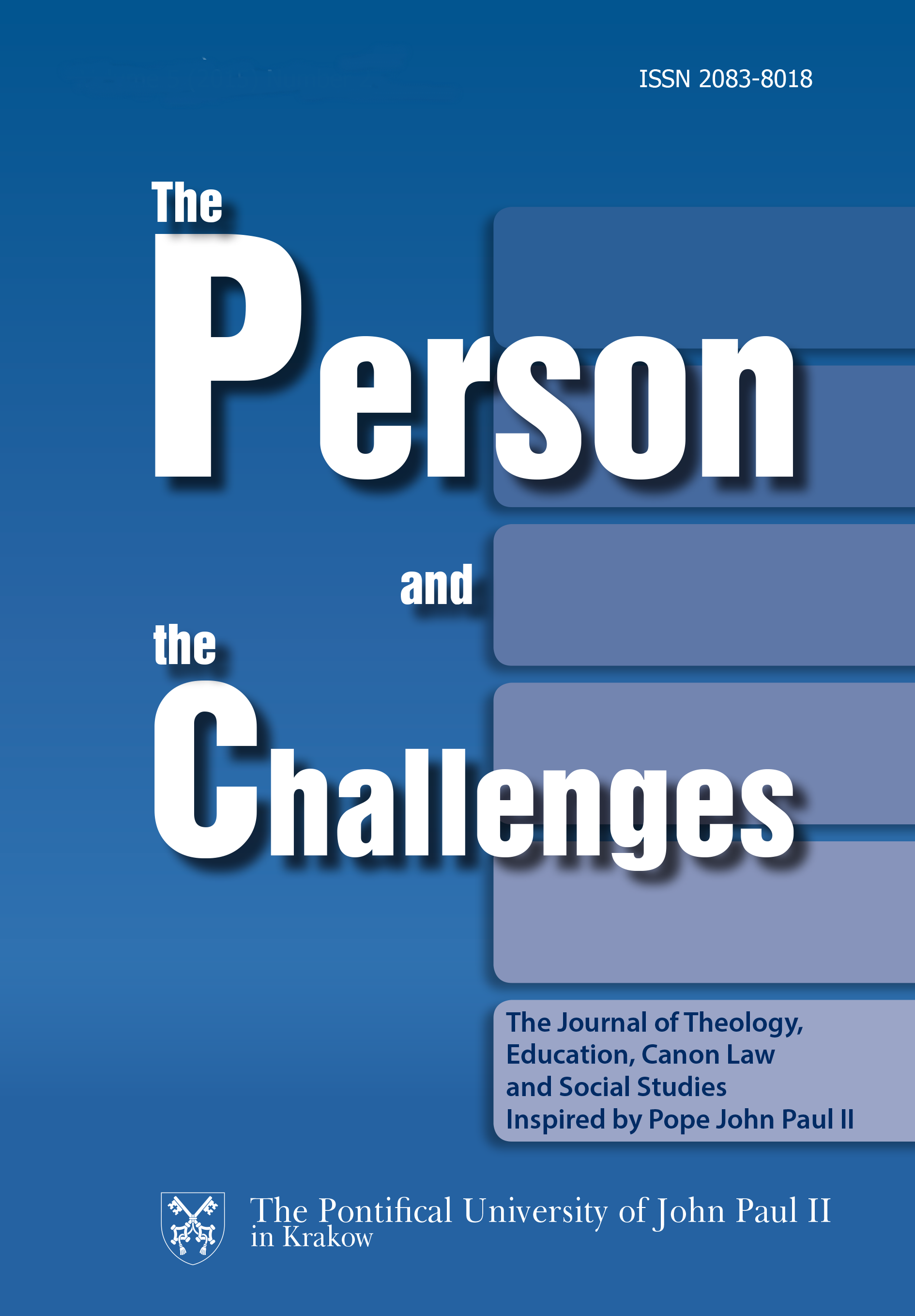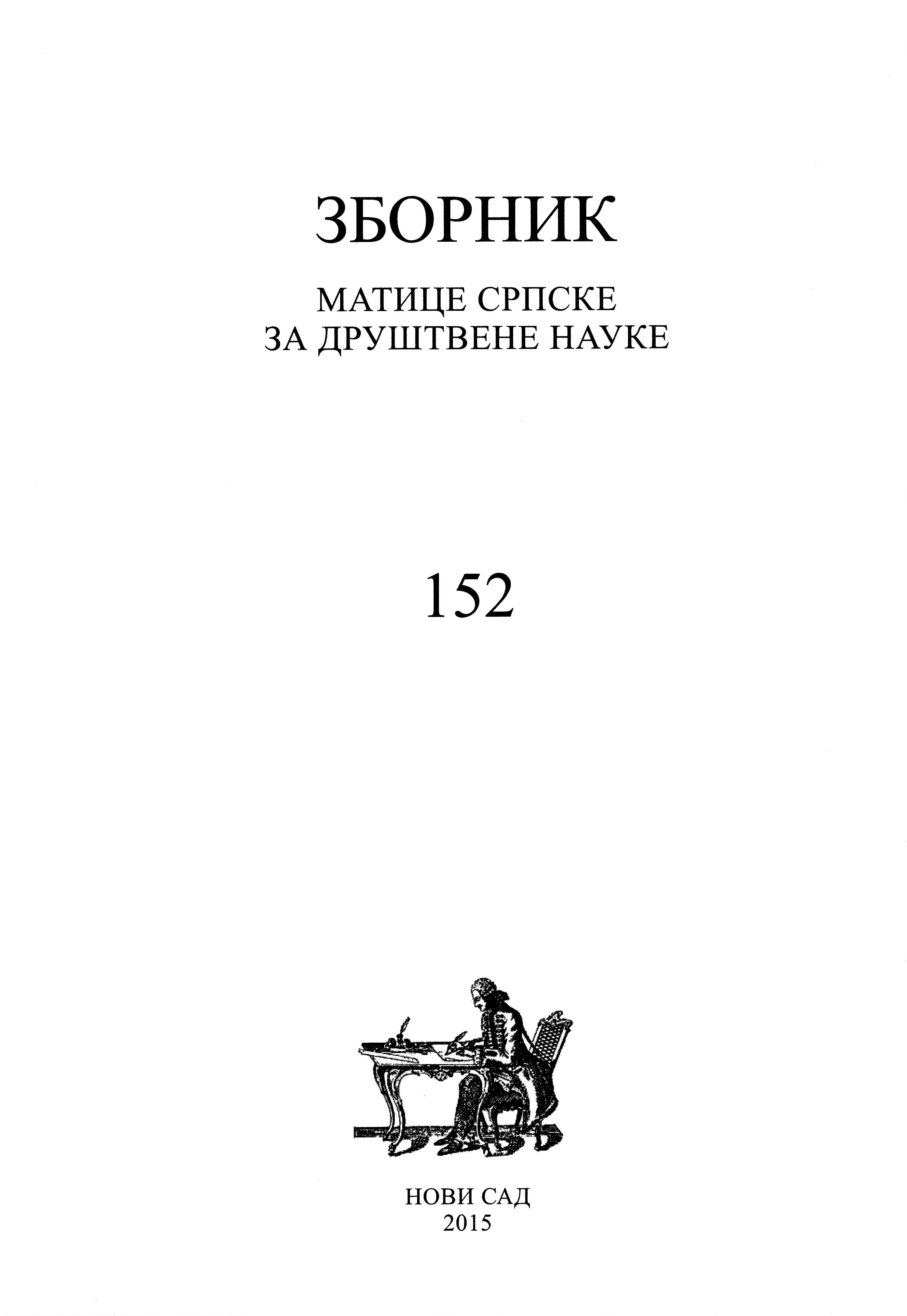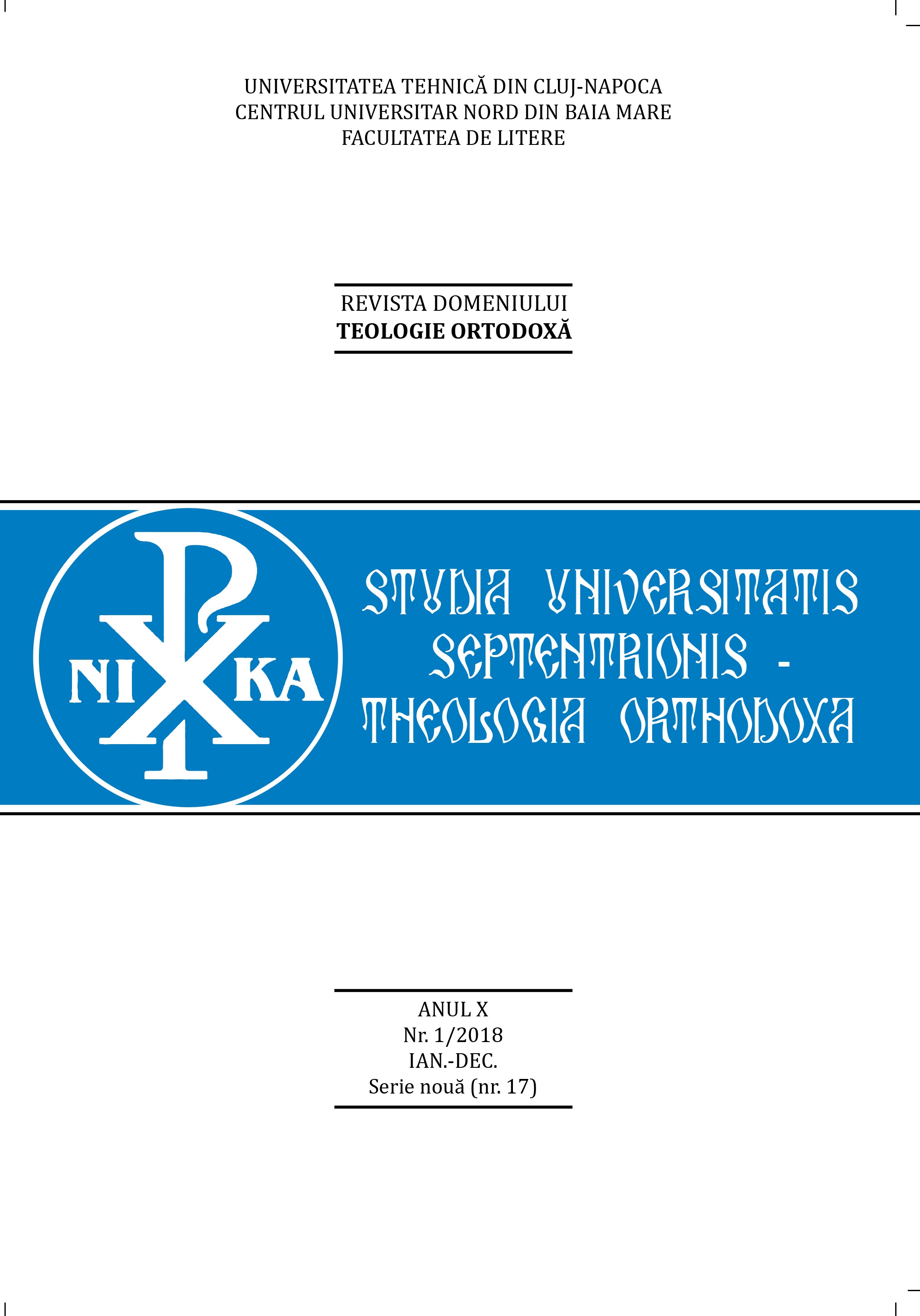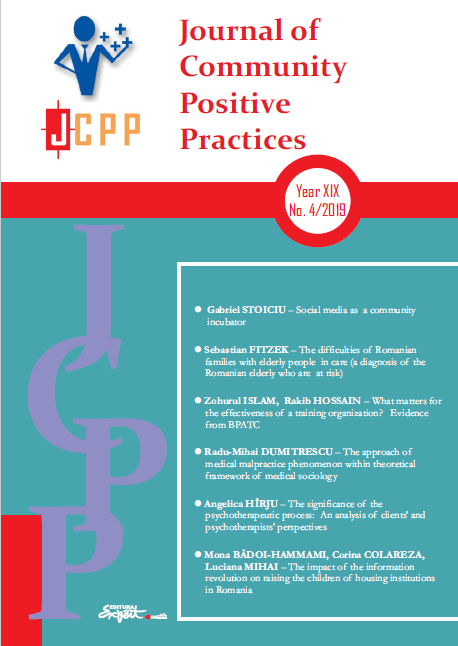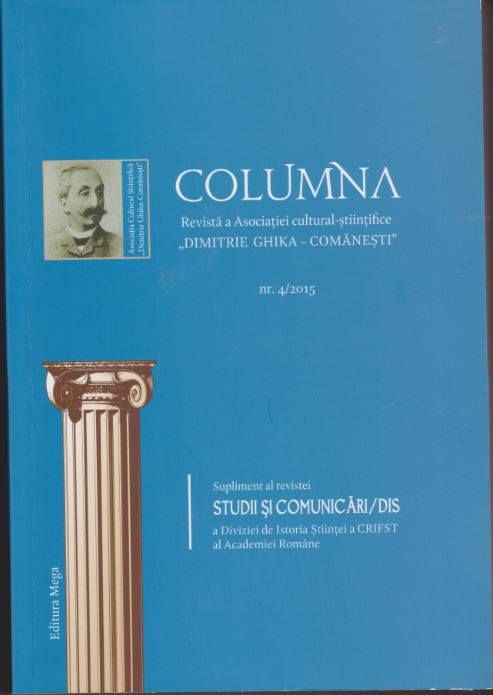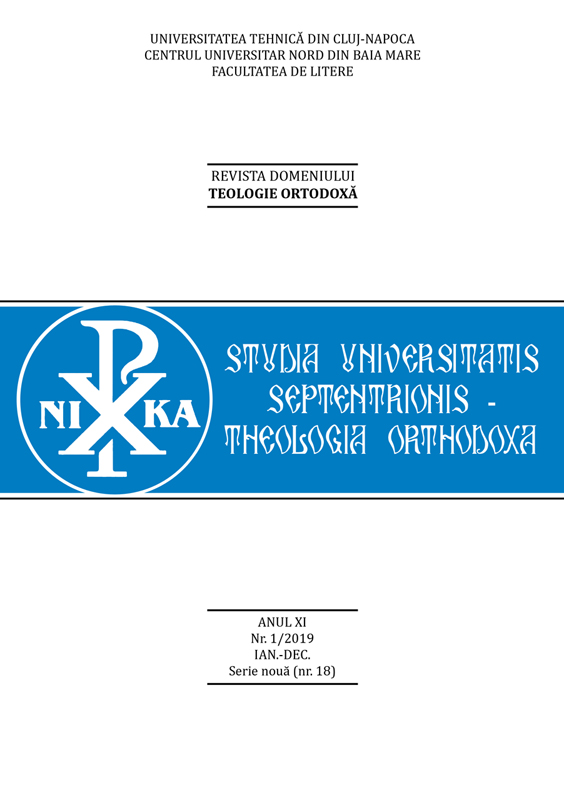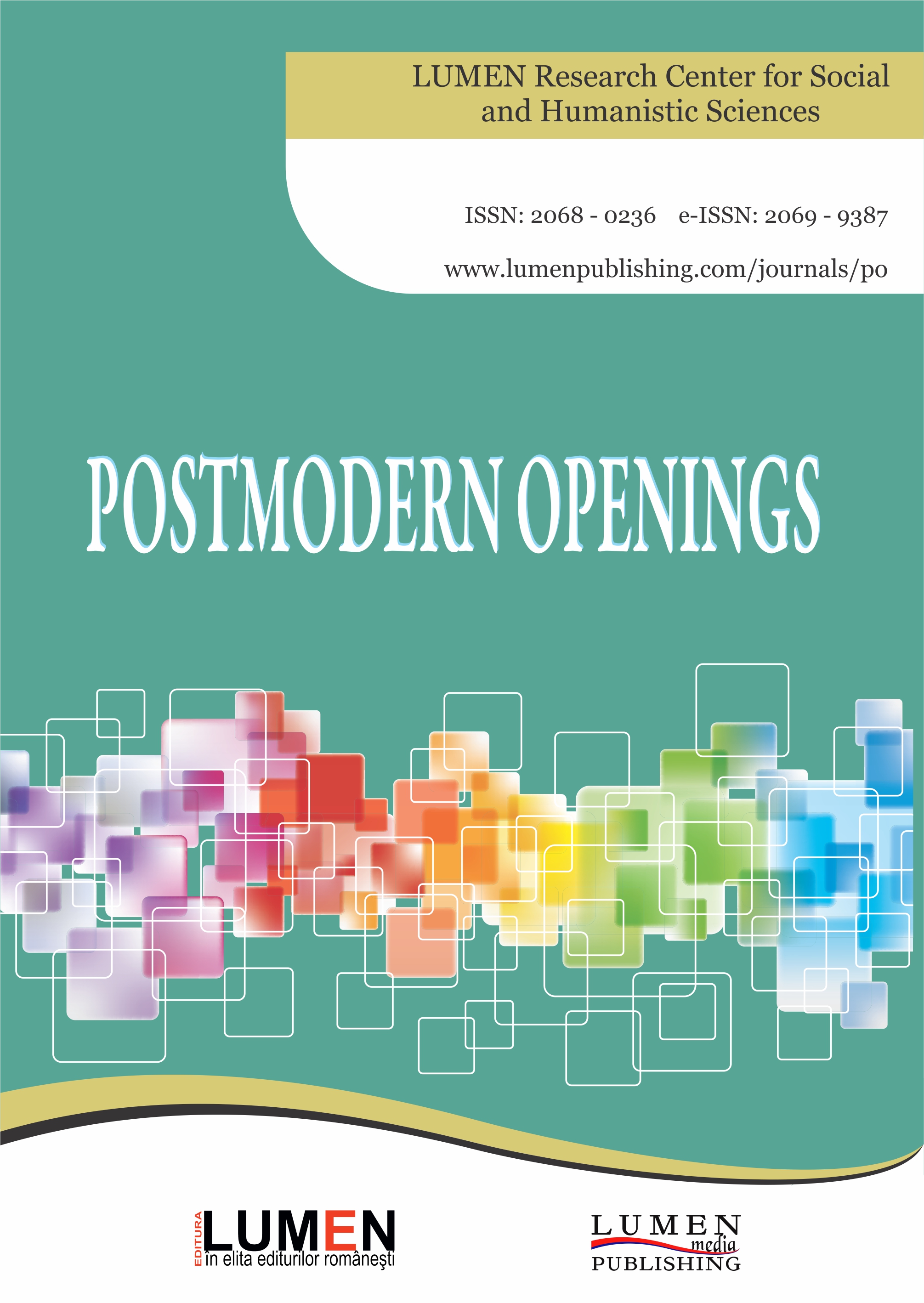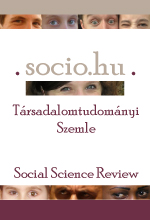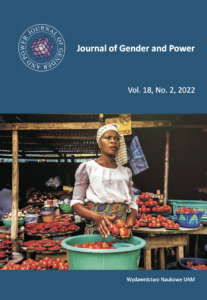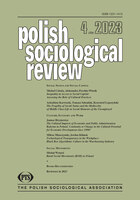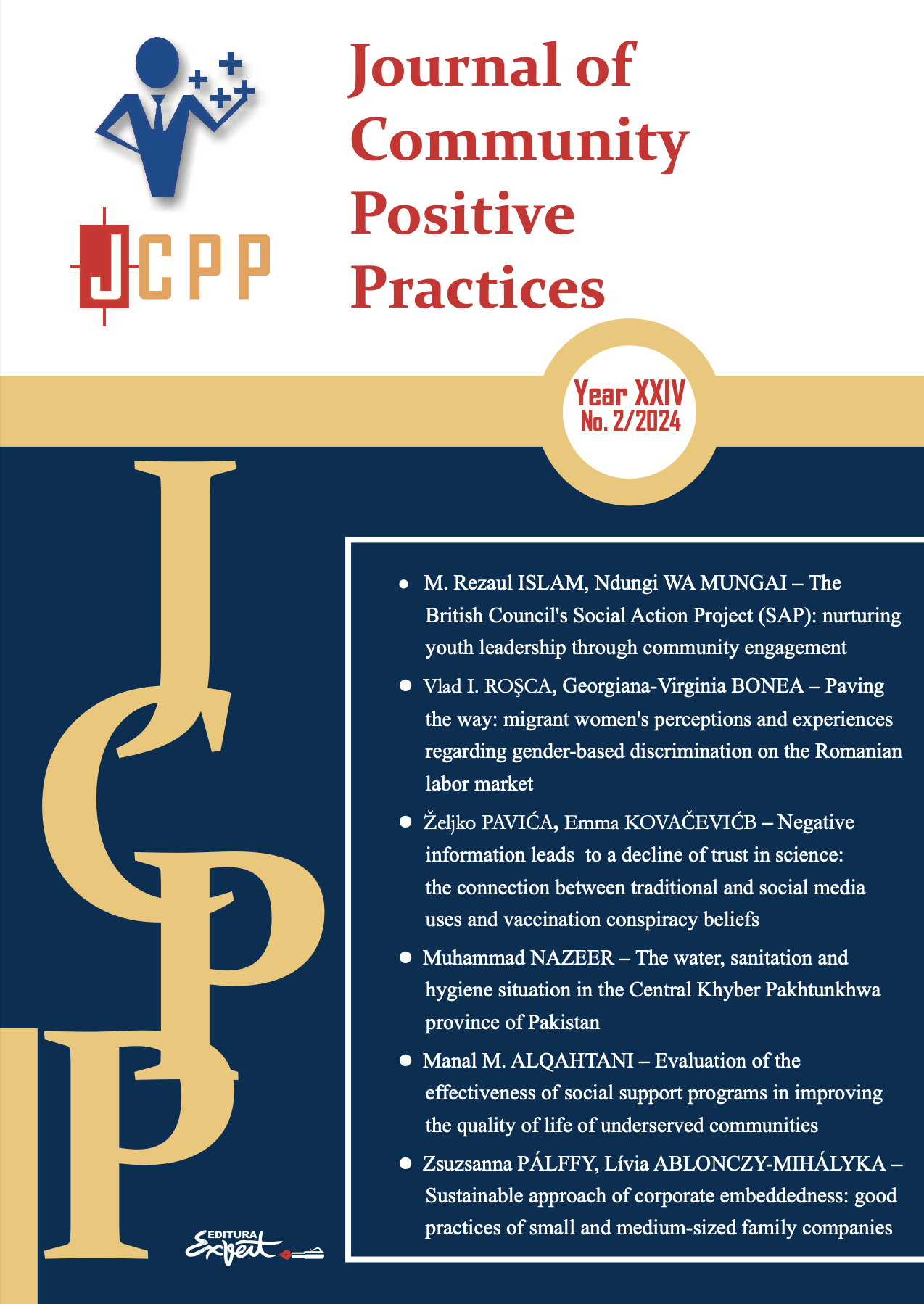
Znaczenie religijności w formowaniu jakości życia małżonków
Precise analyses of social life show that many people use religious and spiritual beliefs as criteria when seeking a marriage partner. They strongly feel that the person they are going to marry should have similar or even the same religious beliefs and convictions. A review of religion-family literature presents mainly positive correlations between marital satisfactionand various dimensions of religion, e.g. active involvement in a faith community, service attendance. In that case, discussing the role of religion in a marital system is needed. The aim of this article is to examine the significance of religiousness in forming spouses’ quality of life. Evidence indicates that there are three main areas in which religiousness is tied to spouses’ quality of life: (1) global marital satisfaction, (2) marital commitment, and (3) marital conflict-resolution strategies. The results show that more frequent church attendance and the personal relevance of religion relate to greater marital satisfaction. The relations between religiousness and marital satisfaction are moderated by two important factors: spouses’ mental health and the frequency of church attendance. Greater religiousness is consistently connected to greater marital commitment. Religion also offers couples guidelines suggesting how to resolve conflicts after they erupts. As a consequence religiousness is linked to more constructive conflict-resolution strategies, less frequent conflict and better communication patterns. Religion does not provide an unfailing guarantee for happy marriage. Nevertheless, it offers a chance to considerably improve spouses’ quality of life.
More...
